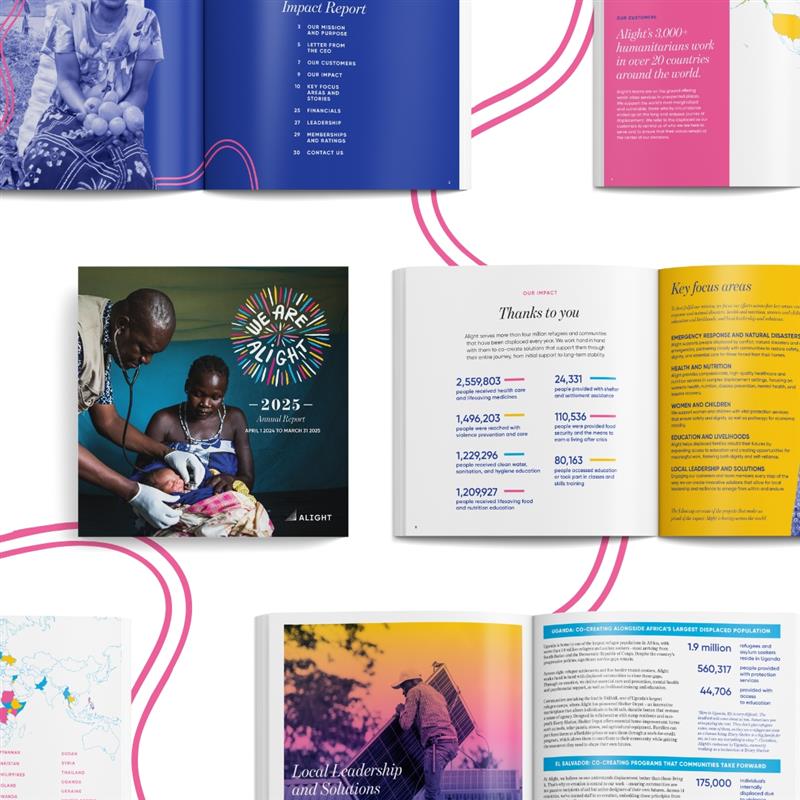**Update:
Thursday, November 6, 2025
The humanitarian crisis in Sudan ensuing from the conflict that began in April 2023 has become the world's most severe, yet it remains largely absent from global headlines.
June 27: The IPC’s Famine Review Committee (FRC) reported that 25.6 million people in Sudan are facing acute hunger, with 14 areas facing the risk of famine. On August 1, the Committee declared famine in Zamzam Camp in North Darfur, where approximately half a million internally displaced persons (IDPs) are sheltering. Similar conditions are likely present in other IDP camps across the region, but it hasn’t been possible to get information or access.
August 26: To make matters worse, flash floods on August 26 destroyed more than 12,000 homes in 10 of the country’s provinces, with more than 30,000 families affected. [See September 3 update below.]
As we near October, the famine will increase. The number of children, pregnant women, and other vulnerable populations that go hungry will increase. The gap in aid is immense, and it is unclear how it will be addressed. This is a forgotten crisis. In some locations, Alight is the sole responding organization. But we continue to expand our efforts. You can help. Donate today.
Alight's response to the crisis
Addressing the food crisis
We are leading efforts in East and South Darfur through two consortia in partnership with six organizations. Our key initiatives have included:
- Doubling nutrition programming and establishing six more stabilization centers and outpatient therapeutic programs (OTPs)
- Increasing staff capacity by 25% in nutrition centers and health facilities
- Tripling support for children and pregnant and lactating women suffering from malnutrition
- Expanding health facilities to serve up to 30% more of the population with outpatient, reproductive health, laboratory, and immunization services
We have also provided in-kind support to 216,418 farmers, including seeds, local tools, and post-harvest materials, and distributed livestock to 1,200 households. Additionally, we are promoting small farms and kitchen gardens to enhance household-level food security and minimize waste.










